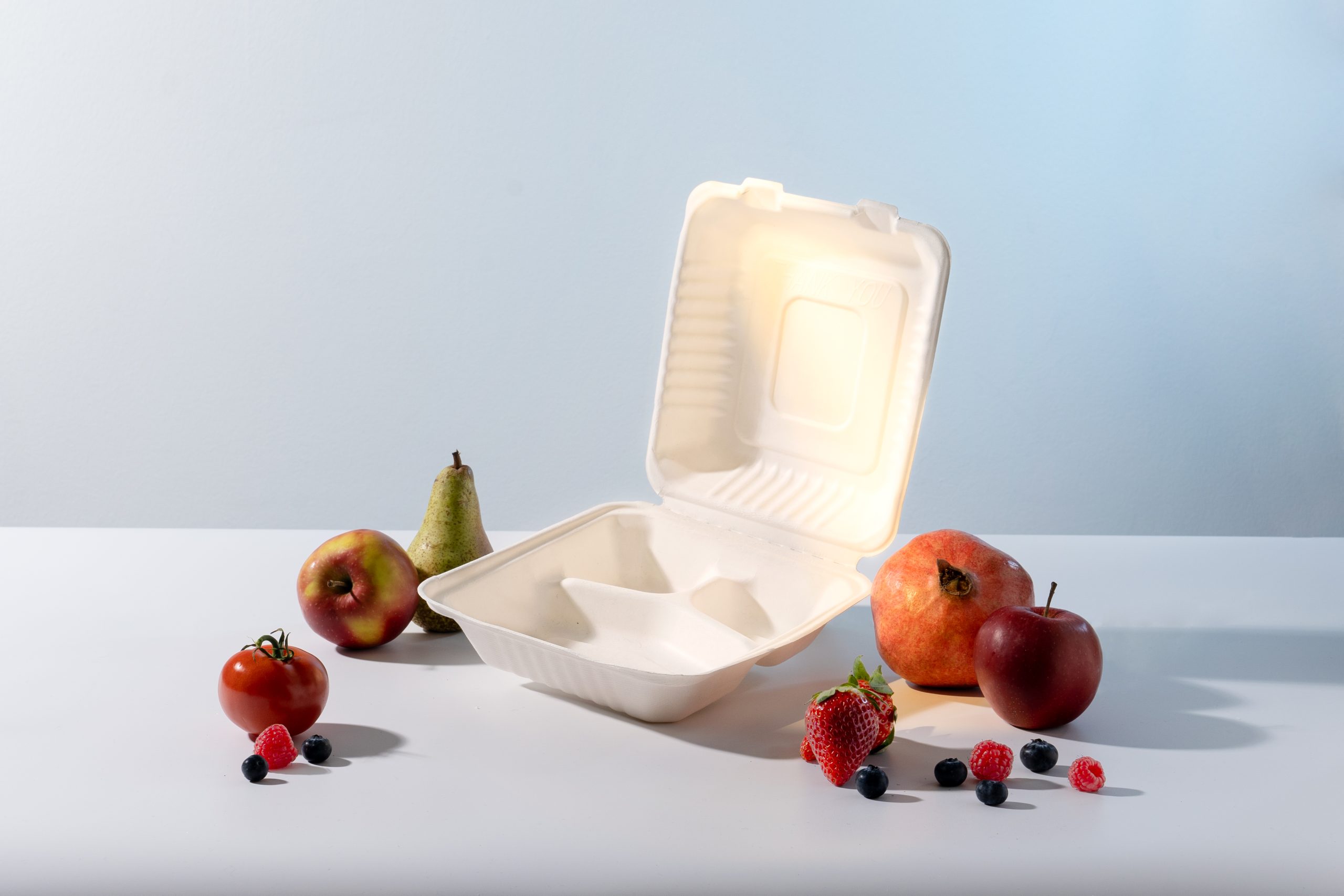As the world continues to grapple with the environmental impact of single-use plastics, more and more countries are seeking sustainable alternatives to reduce waste. One of the most promising solutions to the plastic problem is sugar food containers. Made from sugarcane fibers, these containers offer a biodegradable, compostable alternative to traditional plastic packaging, helping to reduce plastic pollution while still providing the convenience and functionality we need.
Sugar food containers are becoming increasingly popular around the world, especially in countries where environmental awareness is high. In many parts of Asia, including India and Thailand, sugarcane-based products have long been used in packaging due to their environmental benefits. These countries have embraced sugar food containers as part of a broader push to reduce plastic waste. In fact, many local businesses and food vendors are now choosing sugar food containers for takeout and food storage, recognizing both their sustainability and durability.
In addition to Asia, sugar food containers are gaining traction in Latin America. Countries like Brazil and Mexico, where sugarcane is a major agricultural product, have seen the rise of sugar-based packaging as a way to promote local industries and reduce dependence on plastic. As these countries continue to invest in sustainable solutions, sugar food containers are playing a key role in helping to reduce plastic waste in the food industry.
Germany, known for its strong environmental policies and waste management systems, is also starting to make the switch to sugar food containers. The country has been a leader in promoting sustainability, and its efforts to reduce plastic waste are now extending to the food packaging sector. As part of its ongoing push toward sustainability, Germany is adopting more eco-friendly packaging options, and sugar food containers are becoming an increasingly popular choice for food businesses looking to meet consumer demand for green alternatives. The move to sugar-based packaging aligns with Germany’s broader goals of reducing plastic waste and promoting circular economy principles.
Sugar food containers are made from sugarcane fibers, a byproduct of the sugar production process. These fibers, known as bagasse, are transformed into sturdy, lightweight containers that can be used for everything from takeout boxes to food storage. What sets sugar food containers apart from plastic is that they are completely biodegradable and compostable. Once they’re no longer needed, they break down naturally, reducing the environmental impact of waste and helping to close the loop on food packaging.
In addition to their environmental benefits, sugar food containers are also highly practical. They are microwave and freezer safe, making them ideal for food storage and reheating. They are also durable and water-resistant, which makes them perfect for takeout and delivery. With the growing demand for sustainable alternatives to plastic, sugar food containers provide an excellent solution that meets both the needs of businesses and the desires of environmentally conscious consumers.
The growing popularity of sugar food containers is a clear sign that the world is moving toward a more sustainable future. As countries like India, Thailand, Brazil, and Mexico continue to lead the way, Germany’s recent shift toward using sugar-based packaging shows that even the most developed nations are recognizing the need for change. Sugar food containers offer a simple yet effective solution to the plastic problem, and as more businesses adopt them, we can expect to see a significant reduction in plastic waste.
Switching to sugar food containers is a step in the right direction for a greener, more sustainable world. By supporting products made from renewable, biodegradable materials, we can reduce our reliance on plastic and help build a cleaner, healthier planet for future generations. As demand for eco-friendly solutions grows, sugar food containers are poised to become a key player in the global movement toward a more sustainable future.


